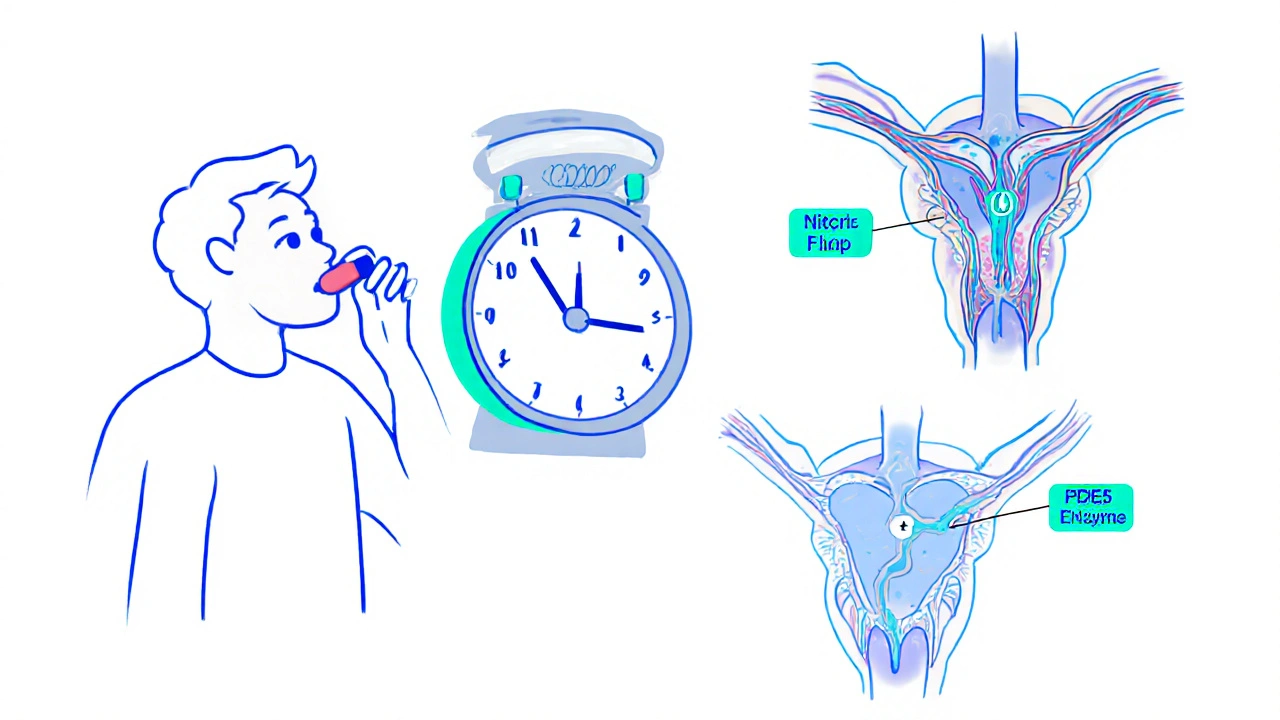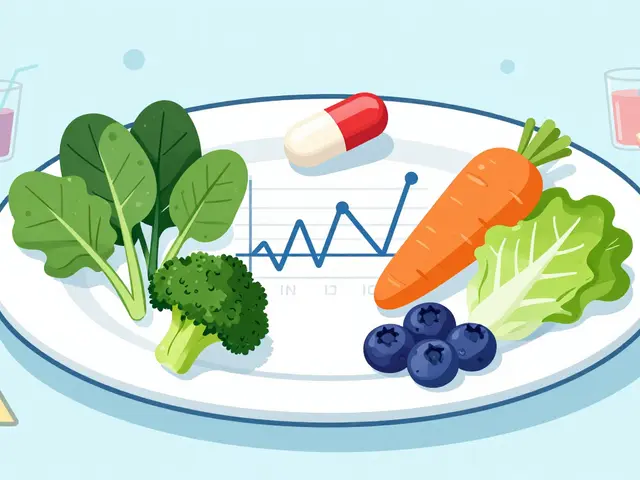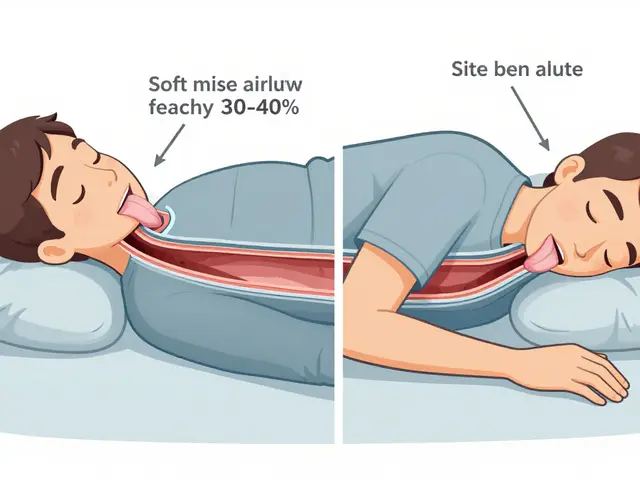Avana Drug Interactions: What You Need to Know Before Taking It
When you take Avana, a PDE5 inhibitor used to treat erectile dysfunction by increasing blood flow to the penis. Also known as avanafil, it works fast—often in as little as 15 minutes—but it doesn’t play well with everything else in your medicine cabinet. The biggest risk? Taking Avana with nitrates, medications like nitroglycerin used for chest pain or heart conditions. Together, they can cause your blood pressure to crash so hard you could pass out, have a heart attack, or worse. This isn’t a "maybe"—it’s a hard no. If you’re on any form of nitrate, don’t take Avana. Period.
It’s not just nitrates. Avana also interacts with alpha-blockers, drugs used for high blood pressure or enlarged prostate like tamsulosin or doxazosin. These can lower your blood pressure too, and combining them with Avana makes the drop unpredictable and dangerous. Even some antifungal drugs, like ketoconazole or itraconazole, can slow down how your body breaks down Avana, making its effects stronger and longer than intended. Same goes for certain antibiotics like clarithromycin. If you’re on any of these, your doctor needs to adjust your dose—or pick a different option.
Avana isn’t safe with grapefruit juice either. That morning glass might seem harmless, but it can spike the amount of Avana in your blood, increasing side effects like dizziness, headaches, or flushing. And if you’re taking other ED pills—Viagra, Cialis, Levitra—you’re doubling down on risk. One PDE5 inhibitor is enough. Mixing them doesn’t make it work better. It just makes it more dangerous.
What about supplements? St. John’s wort, ginseng, or even high-dose L-arginine? They’re not regulated, and their effects on Avana aren’t fully known. Better to skip them unless your doctor says it’s okay. Same with alcohol. A drink or two might be fine for some, but too much can worsen dizziness and lower blood pressure even more. If you’re over 65, have heart disease, liver issues, or take multiple meds, you’re at higher risk. Talk to your doctor before even opening the bottle.
The posts below cover real-world cases and practical advice you won’t find in a drug label. You’ll see how people manage Avana alongside blood thinners, what happens when it meets chemotherapy drugs, and why timing matters more than you think with nitrates. There’s also guidance on what to do if you accidentally mix Avana with something dangerous—and how to spot the warning signs before it’s too late. These aren’t theoretical warnings. They’re lessons from people who’ve been there.





